Five Things Every College Swimmer Should Focus on While Training at Home
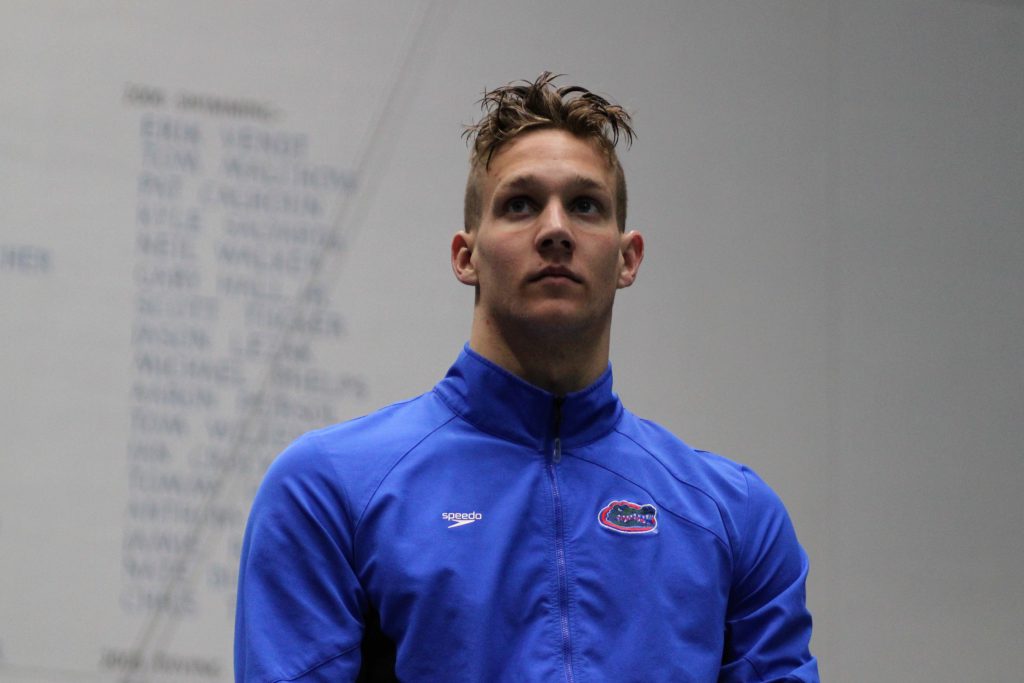
By Jason Tillotson, Swimming World College Intern.
With final exams having just finished, most college students are heading to their hometowns for the holidays. Amongst the average college students are collegiate swimmers, who are forced to seek out training opportunities at their respective club or high school teams until training with their academic institution resumes.
Every college swimmer knows that this time of year can be difficult to remain engaged with training. Being around your family and old high-school friends and teammates can make it easy to get distracted, which can adversely affect your training.
Granted, as we approach the middle to end of December and early January, there is not a whole lot of action going on the college swimming world, but with collegiate championships almost right around the corner in February, it is important to stay on top of things. Training at home can be a perfect time to go back to the basics, relax and also focus on the details.
Here are five areas of focus that every college swimmer should keep in mind while training away from their college or university.
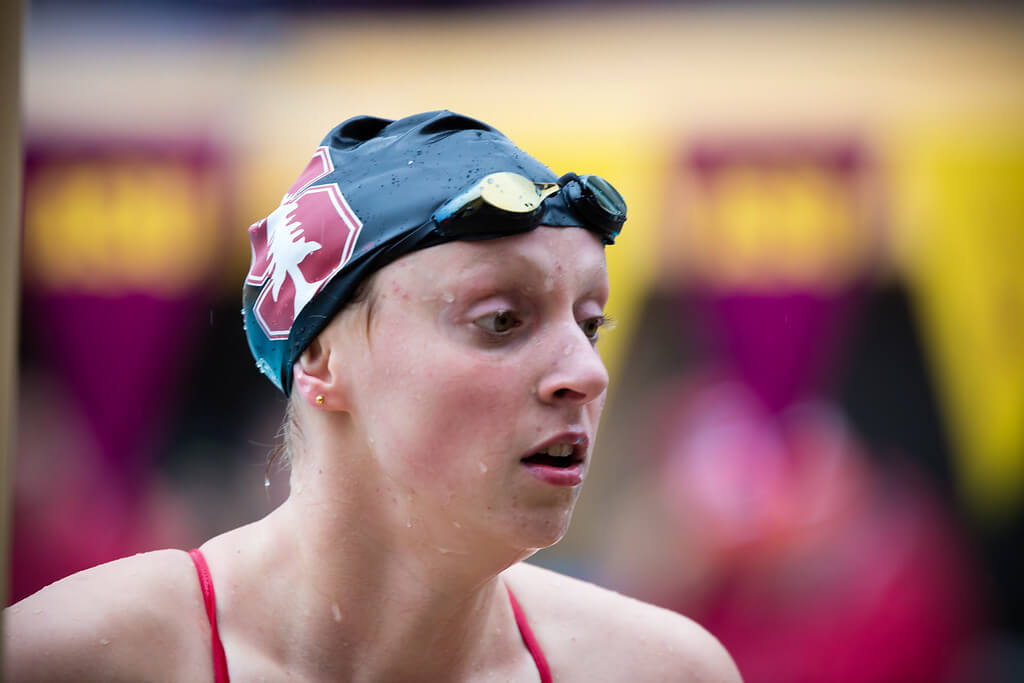
Photo Courtesy: Matt Rubel of Rubel Photography
Aerobic endurance.
This is something all swimmers need. Aerobic endurance is a tool swimmers use not only for swimming faster over the course of a longer distance but also for swimming fast over the course of a four or five-day meet. This is why aerobic endurance is important for drop-dead sprinters and distance swimmers alike.
Getting in a few 6,000-7,000+ yard practices might not be a bad idea, even if you are a sprinter, because, in most cases, doing some endurance work likely won’t inflict any irreversible damage to anyone and can help set you up with the ability to handle fast anaerobic training as you approach the new year.
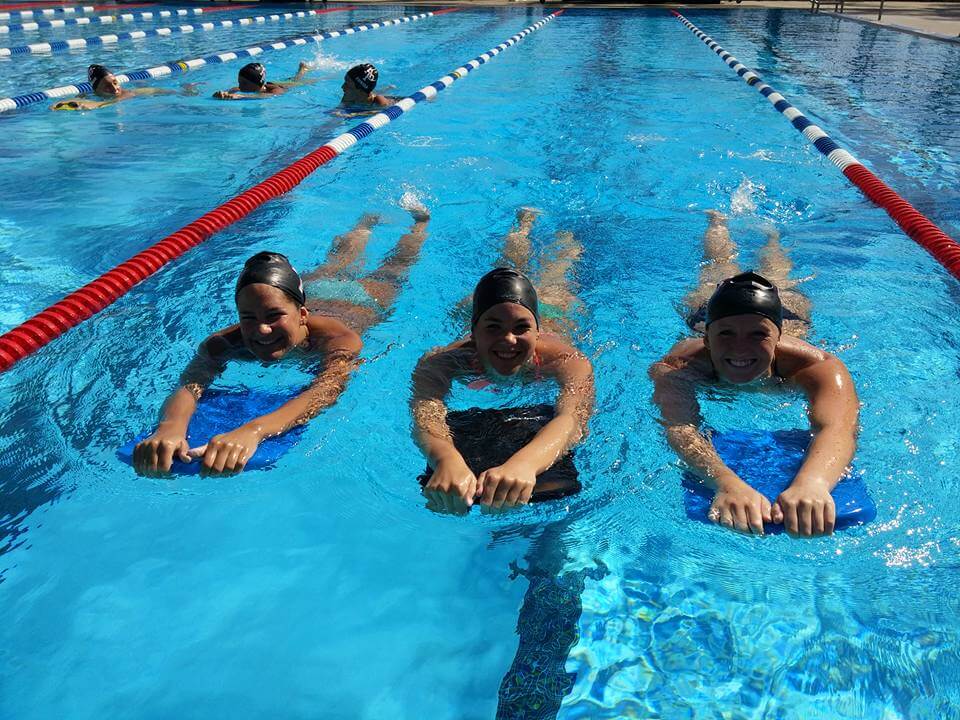
Photo Courtesy: Michael-David Morales
Kicking.
It’s tough. It hurts. It helps. Regardless of how much you don’t like to kick, think twice before sitting out of your club’s annual Christmas Eve kick set.
Having a strong kick is an obvious essential to every swimmer’s toolbox and even if you were kicking well while training at school, if you don’t continue to kick hard and fast and often while training with your club team, it will be apparent upon your return to training with your college teammates.
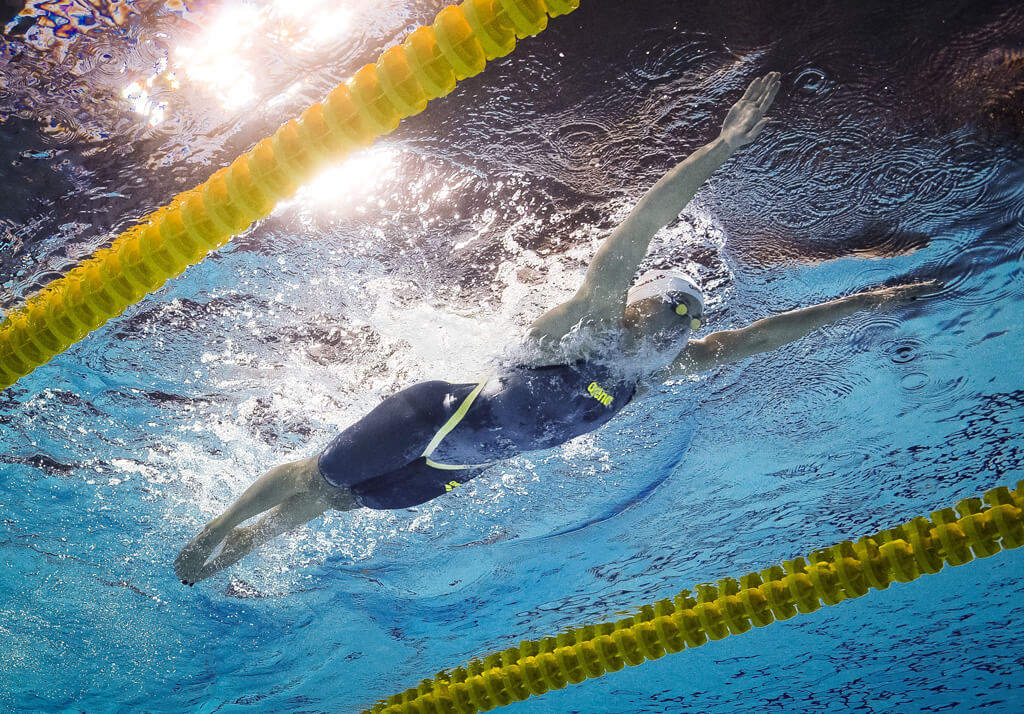
Photo Courtesy: R-Sport / MIA Rossiya Segodnya
Feel for the water.
Another basic, eight and under skill but one we often forget plays a vital role is all aspects of one’s swimming. We all know the phrase “seven-days of no swimming makes one weak”, but few recognize that the phrase refers to developing a lack of feel for the water after a week of no swimming.
Most college swimmers can probably recognize that taking even one or two days off can harshly affect your feel for the water and subsequently hinder your ability to train well and swim fast. One way to ensure you keep your feel for the water is to add sculling into your workout routine. It could be helpful to take a little extra time before or after practice to scull, so that the next time you swim, your feel for the water will be enhanced.
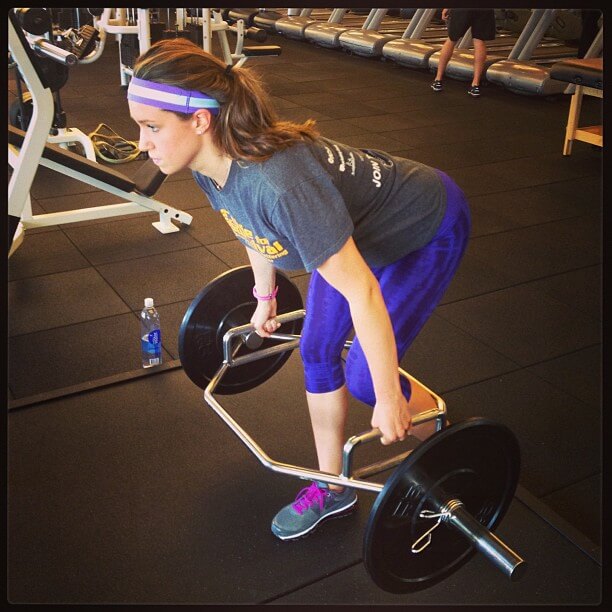
Photo Courtesy: Todd Anderson
Weight lifting.
This one might be the hardest to keep up with. Some club or high school programs have their own gym or weight lifting area for their swimmers to use but most do not. This causes swimmers to seek out public gyms which can be overly crowded, small, expensive and lack the equipment your college team uses.
However difficult it may be to find the right gym, it can be helpful for maintaining strength and speed, reducing the risk of injury and help you stay within the guidelines of your normal routine. Also, if you continue to lift over the break, you likely won’t be as terribly sore when you start lifting with your college team again.
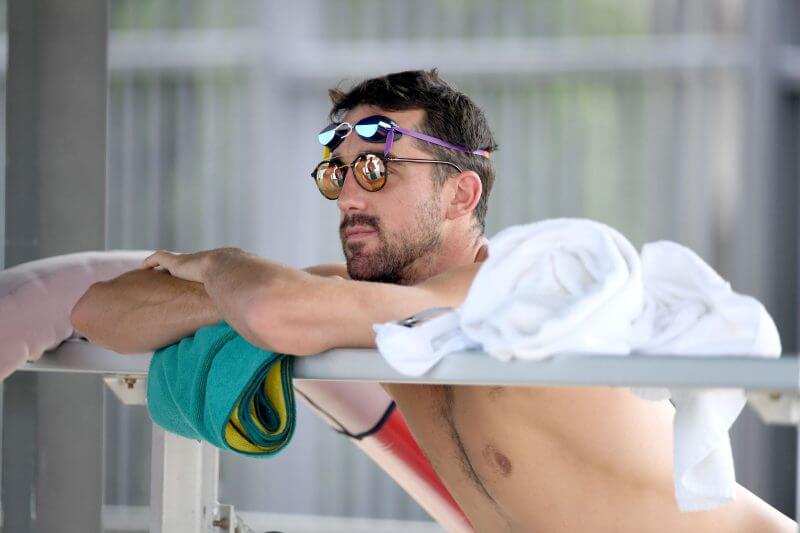
Photo Courtesy: Delly Carr / Swimming Australia Ltd.
Relaxation.
While it is important to remain cognitively involved with your swimming over holiday breaks, it is also equally as important to remember to get away from the pool. Too much swimming can also demotivate some swimmers and cause burnout in the middle of a college team’s training trip. With that, the key is to find a balance with just the right amount of training and not-training.
Remember to enjoy time with family, friends from high school and everything else being home again has to offer.
All commentaries are the opinion of the author and do not necessarily reflect the views of Swimming World Magazine nor its staff.




Holly Hagar 🙂
Juan Sebastian Enriquez Villamil
Franceska 😉
GRADES!!!!
Christopher Mcnew